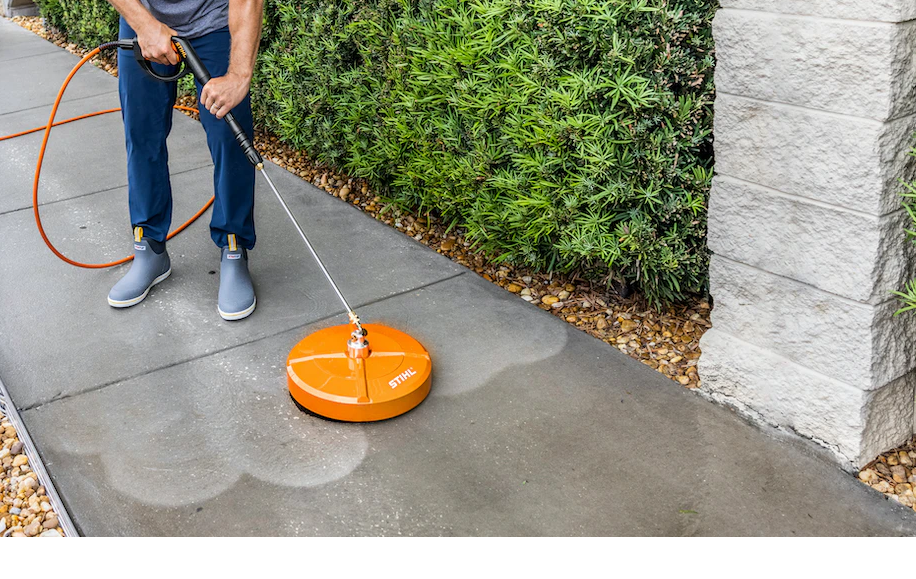
As a pet owner, you want to create a safe outdoor space where your pets can play and thrive. You’re likely aware that traditional lawn care products can be toxic to your furry friends. The good news is that you can maintain a lush, healthy lawn without compromising your pet’s well-being. By exploring pet-friendly alternatives to harsh chemicals, you’ll be taking the first step in creating a safe haven for your pets. But what are these alternatives, and how do you implement them effectively?
Pet-Safe Lawn Chemical Alternatives
When it comes to lawn care, you’re likely aware that many chemical-laden products can harm your furry friends.
Instead, you can opt for pet-safe alternatives that won’t put your pets’ health at risk. One such alternative is diatomaceous earth, a natural, non-toxic substance that can be used to control pests like fleas and ticks.
Another option is neem oil, which is derived from the seeds of the neem tree and is effective against a wide range of pests.
You can also consider using insecticidal soap, which is a mild, non-toxic pesticide that’s safe for pets.
These alternatives might take a bit more time and effort to be effective, but they’re definitely worth it to ensure your pets’ safety.
Natural Weed Control Methods
Your lawn’s lushness is threatened by unwanted visitors – weeds. They steal water, nutrients, and sunlight, leaving your grass weak and vulnerable.
To keep your furry friends safe, ditch the chemical weed killers and adopt natural weed control methods instead.
Boiling water is a simple yet effective way to kill weeds without harming your pets. Pour boiling water directly on the weeds, making sure to avoid your desired grass.
Repeat the process as needed until they’re completely eradicated.
Another method is to use mulch to suppress weed growth. Organic mulch like wood chip or bark won’t only keep weeds at bay but also retain moisture in the soil, reducing the need for frequent watering.
You can also use landscaping fabric, a porous material that allows water and air to reach your desired plants while preventing unwanted growth.
Organic Lawn Fertilizers
Lawn care arsenal isn’t complete without organic fertilizers, which provide essential nutrients to your grass.
You can choose from a variety of natural and environmentally friendly options. Fish emulsion, bone meal, and feather meal are all high in nitrogen, phosphorus-rich fertilizers.
Alfalfa meal and kelp meal are also good options, rich in micronutrients. These organic fertilizers promote healthy soil microbiology, which in turn supports your lawn’s natural defense against pests and diseases.
When selecting an organic fertilizer, consider your lawn’s specific needs. For instance, if your soil is lacking in nitrogen, opt for a high-nitrogen fertilizer.
Always follow the product instructions and apply these fertilizers at the recommended rates to avoid over-fertilization.
Pet-Friendly Pest Control Options
Now that you’ve got your lawn fertilized, it’s time to tackle those pesky pests that can harm your pets.
Fleas, ticks, and mosquitoes can transmit diseases to your furry friends, so it’s essential to control them effectively.
You can start by using natural repellents like citronella, lemongrass, and garlic.
These can be applied directly to your lawn or mixed with other pest control methods.
Diatomaceous earth, a non-toxic powder made from fossilized algae, is another effective solution.
It dehydrates pests, causing them without harming your pets.
For more severe infestations, consider using pet-friendly pesticides containing ingredients like pyrethrin or permethrin.
Always follow the product instructions and take necessary precautions to minimize exposure to your pets.
Remember to reapply these solutions regularly to maintain their effectiveness.
Healthy Lawn Maintenance Tips
Proper mowing and watering habits form the backbone of a healthy lawn, allowing it to thrive and resist disease.
You should mow your lawn frequently, but never remove more than one-third of the grass blade at a time. This will help prevent stressing the lawn, making it susceptible to pests and diseases.
You’ll also want to water deeply but infrequently to develop a strong root system.
Additionally, you should fertilize your https://abilenehomeservice.com/ regularly, but avoid overfertilizing, which can harm your pets.
Organic fertilizers are a safer option, as they release nutrients slowly and promote healthy microbial activity.
Aerate your lawn annually to improve airflow, reduce soil compaction, and promote healthy drainage.
Overseed bare spots to thicken your lawn, making it more resistant to weeds and pests.
Conclusion
You’ve made it! Now, you can confidently create a pet-friendly oasis where your furry pals can play and thrive. By opting for natural alternatives, effective weed control methods, and organic fertilizers, you’re ensuring a safe and healthy lawn maintenance will be the norm. With your new pet-friendly lawn care know-how, get ready to enjoy quality time with your beloved pets in a lush, safe haven that’s all yours!

